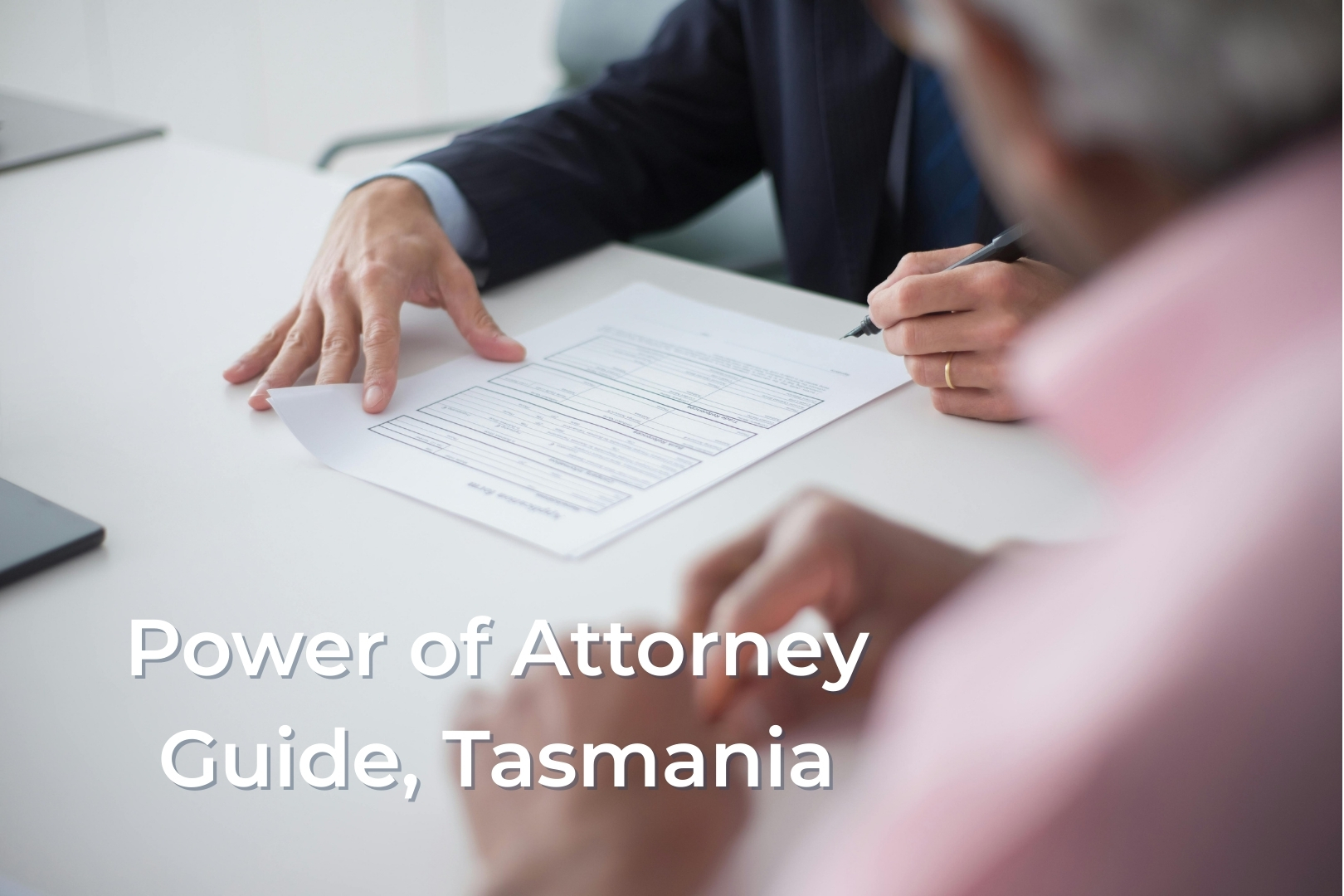
Wills & Estate Planning, Tasmania
At Paula Sutherland & Associates, our lawyers and solicitors offer comprehensive, accessible, and affordable assistance to clients in relation to their estate planning needs. For an appointment or to discuss drafting or updating your will, contact us.
Why Estate Planning Matters
Life is unpredictable. So too is death. Nobody wants to think about their death, but ensuring that you have a valid will and have taken steps to control how your estate is dealt with and distributed after you pass away, eliminates the need for your loved ones to deal with your estate if you die intestate, that is, without a will.
This can be a stressful process for them at a time when they are grieving, but it can be avoided.


Our Will & Estate Preparation Services
At Paula Sutherland & Associates, we encourage everyone, no matter how big or small their estate, to have a will in place. There are many benefits in ensuring that you have a valid will, including:
- Allowing your family the opportunity to grieve after you pass away, without having to worry about the absence of a will that details how you want your estate dealt with
- Having control over where your assets are distributed after you pass away
- Benefitting the people of your choice, who may not have otherwise benefitted under an intestacy
- Minimising the potential for disputes between family members regarding your assets and how they should be distributed.
Client Testimonials
Powers of Attorney
A Power of Attorney is a legal document that appoints a person (the attorney) to make decisions on your behalf about matters that relate to your financial and legal affairs, such as selling or purchasing property and accessing funds in your bank accounts. It does not permit a person to make decisions about your medical or personal affairs; this is achieved via the appointment of an enduring guardian.


What Happens If You Don’t Have A Will Or Power Of Attorney?
If you do not have a Power of Attorney, you cannot appoint one after you lose capacity, nor can your family members legally act in the capacity of an attorney and do that which an attorney is legally empowered to do.
Should the situation eventuate that you become incapacitated without an Enduring Power of Attorney, an application would need to be made through the Guardianship and Administration Board to appoint an Administrator, which may be granted to an individual, the Public Trustee, or a private trustee company for example.
In the meantime, your financial assets are not consistently protected as they could be under an Enduring Power of Attorney.

Our Services

Dispute Resolution, Litigation & Investigative Services
Our lawyers offer a range of dispute resolution and litigation services to help you achieve desired outcomes efficiently and cost-effectively

Residential Conveyancing
Our conveyancing team offer a highly-organised, efficient and professional service, specialising in residential conveyancing.

Employment Law
Our team at Paula Sutherland & Associates has experience assisting both employees and employers with workplace issues and litigation.

